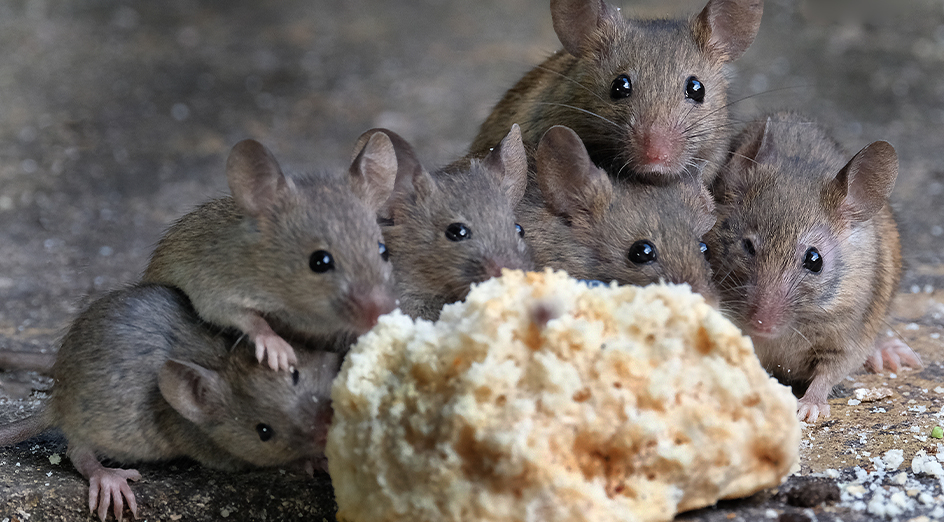A study of wild house mice has shown that the social environment experienced by males during sexual development can influence the sperm quality of their sons.
"We have shown that the social environment experienced by fathers during sexual development can influence their own sperm quality, as well as that of their sons."
Dr Renee Firman, UWA
The new research, led by The University of Western Australia and published in Proceedings of the Royal Society, has implications for both mice plague controls and human fertility research.
Lead researcher Dr Renee Firman, from UWA's School of Biological Sciences, said the study was the first to demonstrate intergenerational, non-genetic inheritance of sperm quality.
"We have shown that the social environment experienced by fathers during sexual development can influence their own sperm quality, as well as that of their sons," Dr Firman said.

"We found fathers who matured around a lot of other males produced high-quality sperm, with greater fertilising potential, than fathers who matured around a lot of females.
"Significantly, these differences were also observed in the sons, despite the sons themselves maturing under standard 'common garden' conditions, demonstrating that the differences in sperm quality could only have arisen via non-genetic inheritance."
Dr Firman said there was reason to believe the findings were transferable to human populations.
"Our study suggests that there could be potential for the social environment experienced by human fathers to influence the sperm quality of their sons," she said.
Wild house mice are an invasive pest species in Australia that have cost the agricultural industry millions of dollars in recent years. The results also have important implications for control efforts against mice population outbreaks that lead to plagues.
"Under current management tools, maintaining infertile individuals in a plaguing population is believed to be beneficial as they should compete with fertile individuals for space, resources and social status," Dr Firman said.
"However, our results suggest that the maintenance of infertile individuals within populations, and a corresponding elevation in male density, may lead to elevated reproductive potential of fertile males."
The University of Maryland also contributed to the research.






